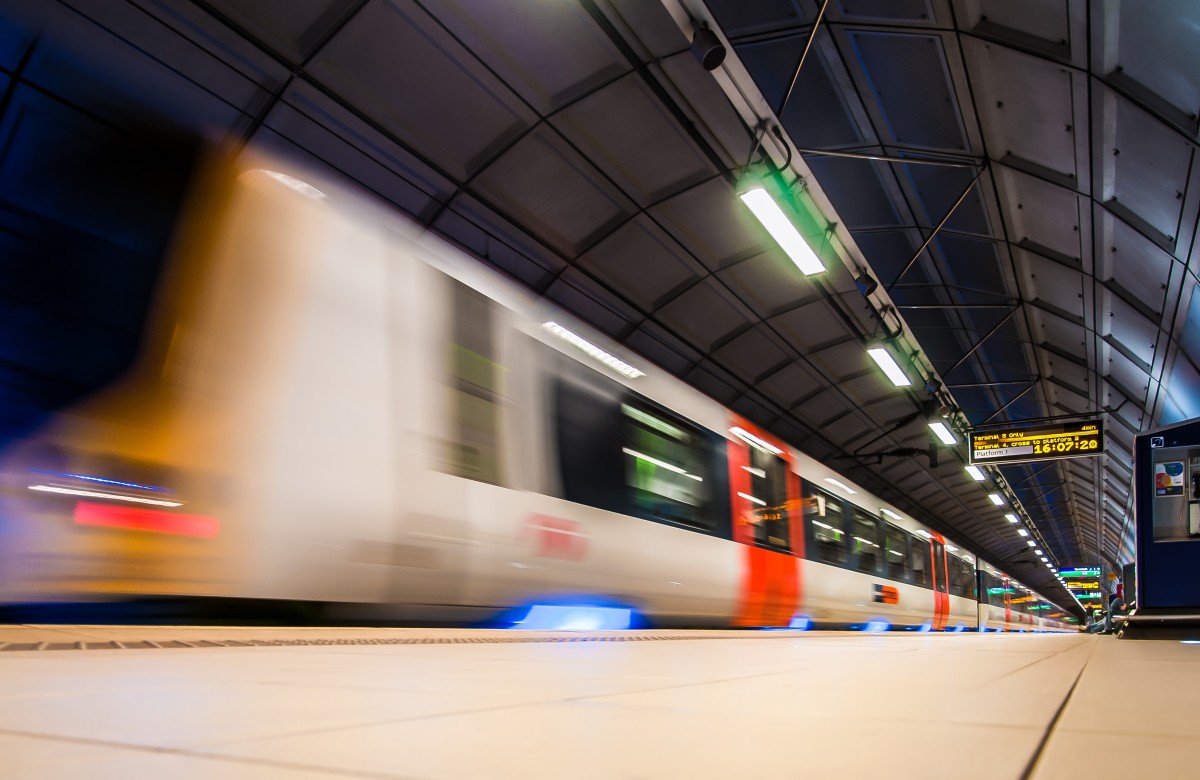Op-ed by Stephen Joseph, Chief Executive, Campaign for Better Transport
The New Year was marked, as in previous years, by rises in rail fares and lots of press coverage. Campaign for Better Transport has been using the coverage to make the case for simpler, fairer and cheaper rail fares with our Fair Fares Now campaign. This is important for rail users, for whom constant fares rises have immediate economic impacts. But as an environmental group, we’ve been making the case for fares policy to be looked at more broadly.
Put simply, since 2010 road users have had fuel duty frozen, while rail users have faced annual increases in the fares they pay since 2005. Government funding for bus services has also been reduced, leading to increased fares on buses and coaches too. This means that the cost of driving has declined in real terms (16 percent since 1997), while the cost of using public transport has increased (rail by 23 percent since 1997, bus by 33 percent).
This has had consequences for carbon emissions and air quality. On air quality, despite the mounting evidence of the damage to health from diesel vehicles, the Government has declined to increase taxation of diesel fuel, opting merely for an increase in vehicle tax for new diesels. It has also abandoned rail electrification in favour of “bi-mode” diesel and electric trains, condemning cities like Leicester, Nottingham and Sheffield with severe air quality problems to diesel exhausts at their railway stations for years to come.
Meanwhile climate change has basically been written out of transport policy – there’s a view (based on hand-waving rather than evidence) that electric vehicles will solve the problem. Of course increased use of EVs will help cut carbon emissions, but if motoring gets cheaper and public transport more expensive, there’ll be more traffic on the roads in the immediate future, making carbon targets much harder to achieve.
The Government seems to not only accept this, but welcome it – there’s a massive investment programme in road building, with more announced on a new “major road network” just before Christmas. This will simply add to traffic and car dependence – and in fact, it won’t even work in its own terms – the road investment will generate extra traffic and move jams to the next bottleneck. Air travel expansion, and hence extra runways at Heathrow and other airports is also treated as a given, despite the climate impacts.
One problem here is that too many of the people involved in climate policy seem to accept that transport as a sector is in the too hard basket, that changing travel behaviour is too difficult or expensive (this is not, by the way, a criticism of the Committee on Climate Change, who have been robust in arguing that transport as a sector needs to play its part in reducing carbon and that this can’t be done by electric vehicles alone).
The good news is that new research published by Campaign for Better Transport in 2017 – Tracks: Environmental quality, climate change and transport innovation – shows that it’s possible to cut carbon from transport by focusing on urban transport and freight, which is where the big carbon emissions in surface transport actually are.
However, all efforts to cut carbon emissions and pollution from road traffic will be negated if the costs of motoring continue to go down, and the cost of public transport continues to go up, and if this is accompanied by massive investment in road building while local public transport sees continued cuts. Moving away from this will need transport professionals and Government transport policy to treat carbon reduction as a central concern of transport policy, rather than the peripheral or even ignored issue it is at present.
Photo: CC0 Public Domain
Subscribe to our newsletter
Stay up to date with DeSmog news and alerts






